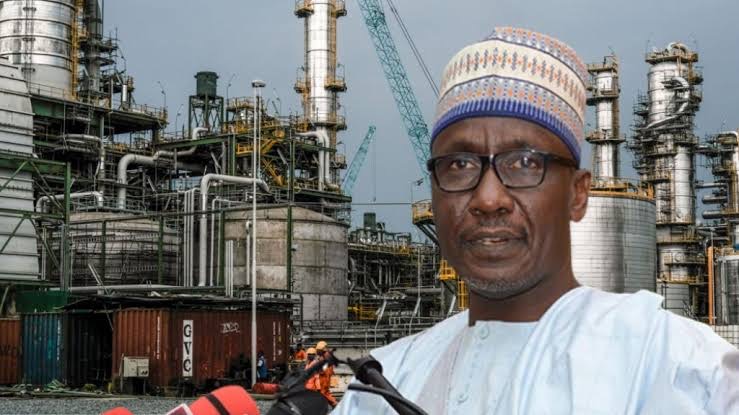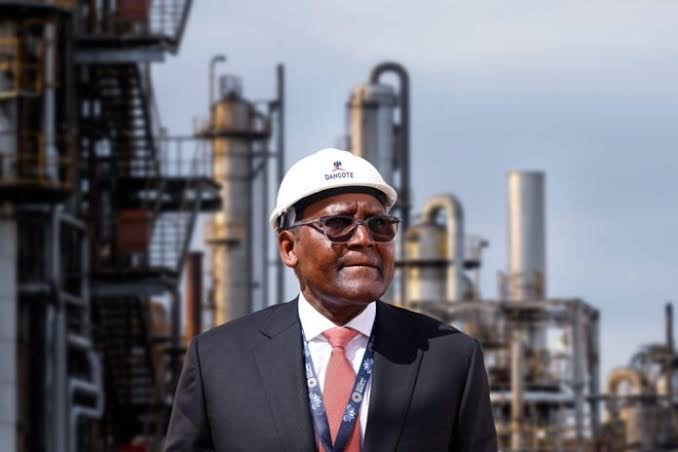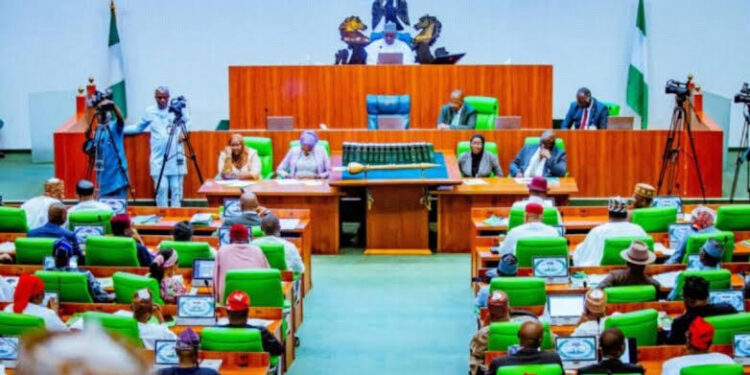The House of Representatives has called on the federal government to instruct the Nigerian National Petroleum Corporation Ltd. (NNPCL) to allow independent marketers to lift fuel from the newly operational Dangote Refinery.
This appeal came after adopting a motion of urgent public importance presented by Oboku Oforji, a member of the People’s Democratic Party (PDP) representing Bayelsa, during Thursday’s plenary session.
In his argument, Oforji highlighted that despite the refinery commencing operations on September 15, with a production capacity of 650,000 barrels per day, only major marketers have been granted access to lift petroleum products from the refinery. This access is facilitated by the NNPCL, which Oforji claimed is fostering a monopoly.

He expressed concern over this development, stating, “The House is worried that NNPCL and the major marketers are exclusive off-takers, which spells monopoly.” His comments were particularly critical of the NNPCL’s role, referencing its past failures in managing Nigeria’s crude oil resources and domestic refineries.
Oforji warned that if this monopoly isn’t addressed quickly, Nigerians could continue to suffer from fuel scarcity, with significant repercussions for the nation’s already strained economy.
“This is the same NNPCL that has failed to manage our crude and refineries for decades. If this monopoly is not nipped in the bud, the suffering of Nigerians occasioned by fuel scarcity will continue, with implications for the economy,” he emphasized.

The lawmaker stressed that it is insufficient for the NNPCL and major marketers to have sole access to lift fuel from the Dangote Refinery. He pointed out that independent marketers, under the Independent Petroleum Marketers Association of Nigeria (IPMAN), have voiced concerns. They fear that if excluded, they might have to resort to fuel imports to sustain their businesses.
Oforji commended the Dangote Group for its monumental achievement in refining petroleum products in Nigeria. He hailed this as the beginning of Nigeria’s long-sought journey towards energy self-sufficiency. This promises multiple benefits, including cost savings, conservation of foreign exchange, and enhanced national energy security.
He noted, “Nigeria is now driving towards energy self-sufficiency, cost savings, and foreign exchange savings, meeting the increasing demand for fuel and attracting foreign capital investment.”
He emphasized that the operational success of the Dangote Refinery would have wider economic benefits. This includes generating foreign exchange through the export of refined petroleum products. This would contribute to the country’s gross domestic product (GDP) by adding value to Nigeria’s crude oil and reducing the need for costly fuel imports.
“The generation of foreign exchange through the export of finished products, conservation of foreign exchange, and huge value addition will contribute to an increase in Nigeria’s gross domestic product,” Oforji explained.
With the massive demand for fuel, Oforji strongly advocated for the NNPCL to give independent marketers the opportunity to lift products from the Dangote Refinery. He stated that failure to address the current monopoly would prolong the fuel scarcity crisis in the country. This would exacerbate the hardships faced by Nigerians.
“If the prevailing monopoly is not nipped in the bud, the suffering of Nigerians occasioned by fuel scarcity will continue with disastrous consequences,” he stated.
After considering the motion, the House adopted the resolution and urged the management of Dangote Refinery to take proactive steps. They recommended that the refinery build, acquire, or collaborate with stakeholders to establish depots in various geopolitical zones across the country. The House believes this would facilitate easier and more equitable distribution of petroleum products nationwide, ensuring that independent marketers are not side-lined in the process.

































